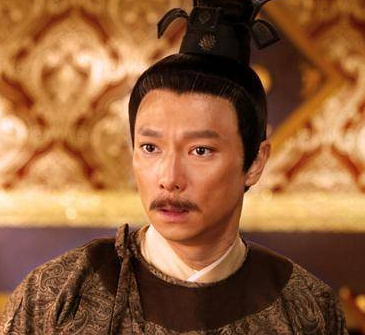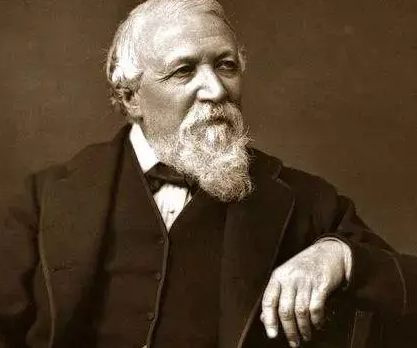In the ancient Chinese history, the Daoguang period of the Qing Dynasty is considered an era filled with reforms and challenges. Emperor Daoguang and his ministers faced both internal and external difficulties, as the decline of the country and the invasion of Western powers plunged the Qing Dynasty into an unprecedented crisis. So, how ignorant was Emperor Daoguang really? And how did a single statement of his reveal the truth? This article aims to bring you the truth behind this historical event.

Firstly, there are some controversies surrounding the extent of Emperor Daoguang's ignorance. On one hand, during his reign, Emperor Daoguang did make some flawed decisions, such as internal political corruption and the closure of the country to foreign relations. These decisions, to a certain extent, accelerated the decline of the Qing Dynasty. However, on the other hand, Emperor Daoguang also possessed a degree of political talent and reform aspirations. During his reign, he attempted to implement some reform measures, such as strengthening coastal defense and rectifying official administration. Therefore, we cannot simply label Emperor Daoguang as a completely ignorant monarch.
Next, let's delve into how a statement made by Emperor Daoguang revealed the truth. According to historical records, Emperor Daoguang uttered a profound statement during a discussion with his ministers: "We are all ignorant, yet we expect others to be wise and enlightened. Isn't that contradictory?" This statement expresses Emperor Daoguang's reflection on himself and his ministers, acknowledging that their own ignorance and stupidity had led to the decline of the country. This self-reflective attitude was particularly valuable against the backdrop of that historical period.
During the Daoguang period, the ministers of the Qing Dynasty were also an important topic. Many renowned ministers contributed to the governance of the country and foreign affairs, such as Lin Zexu and Qi Shan, who excelled in the anti-smoking campaign and resisting foreign enemies. However, there were also ministers who were criticized due to their conservative ideologies and corruption. The presence of these ministers reflected the shortcomings and problems of the Qing Dynasty's political system during that time.
In conclusion, the emperor and ministers of the Qing Dynasty's Daoguang period faced numerous challenges and difficulties. Although Emperor Daoguang possessed a certain degree of political talent and reform aspirations, some of his flawed decisions also accelerated the decline of the Qing Dynasty. At the same time, his statement revealed the ignorance of himself and his ministers, reflecting the problems of the Qing Dynasty's political system during that time. The ministers of this period also exhibited different characteristics and issues, with both loyal officials who contributed to the country and officials criticized for their conservative ideologies and corruption. By exploring this period of history, we can gain a deeper understanding of the political phenomena and historical context of the Qing Dynasty's Daoguang period, as well as the roles and responsibilities of historical figures within it.
Disclaimer: The above content is sourced from the internet and the copyright belongs to the original author. If there is any infringement of your original copyright, please inform us and we will delete the relevant content as soon as possible.






























